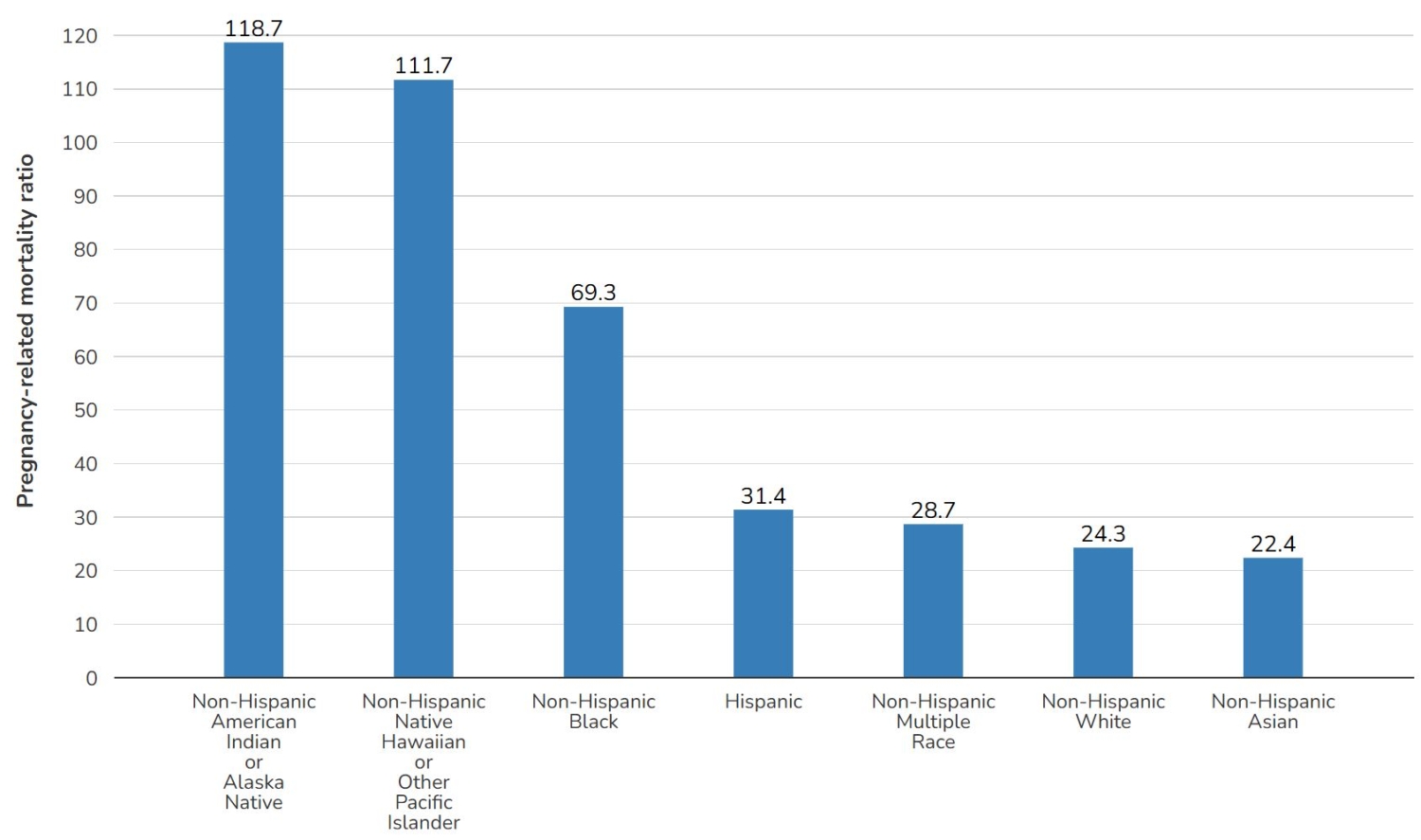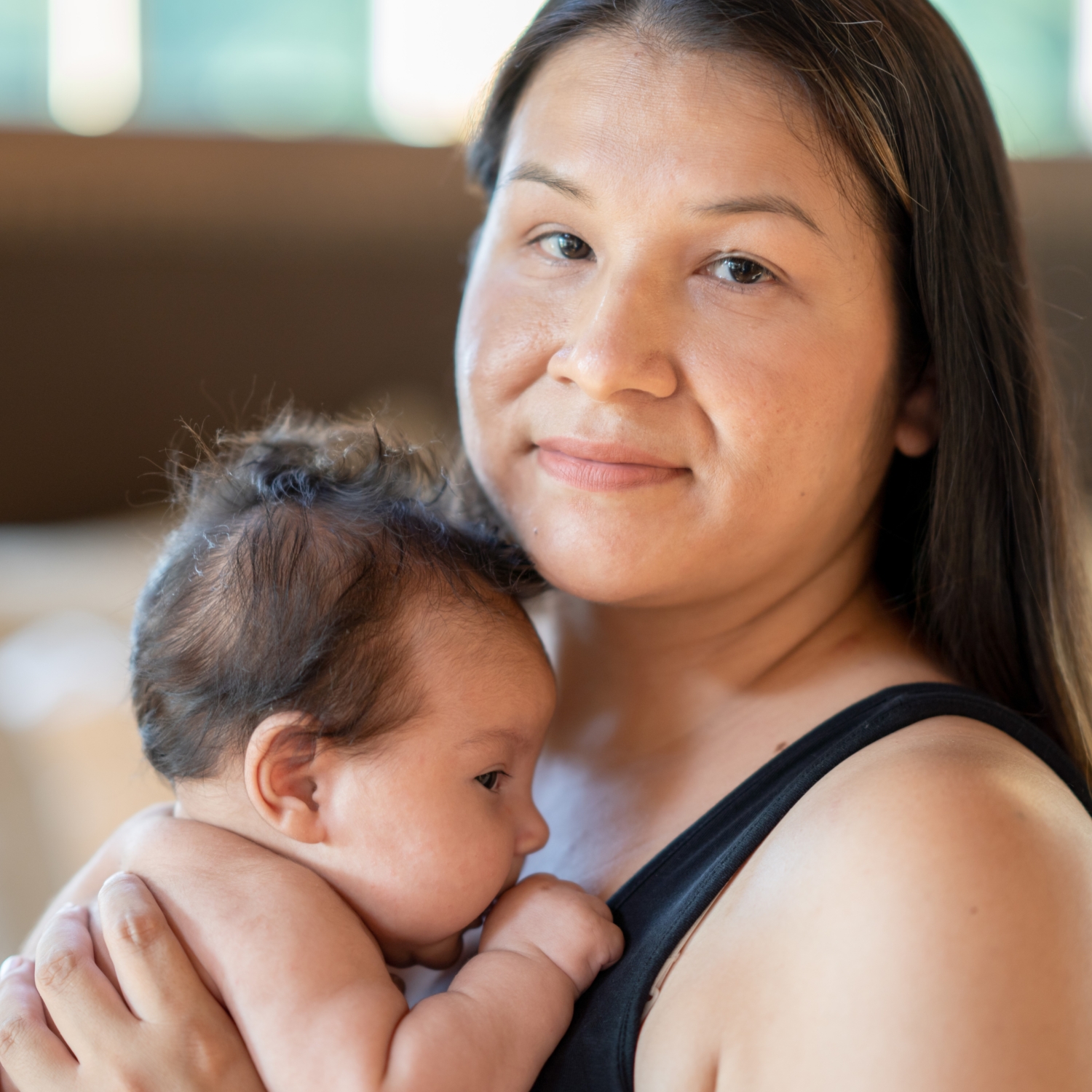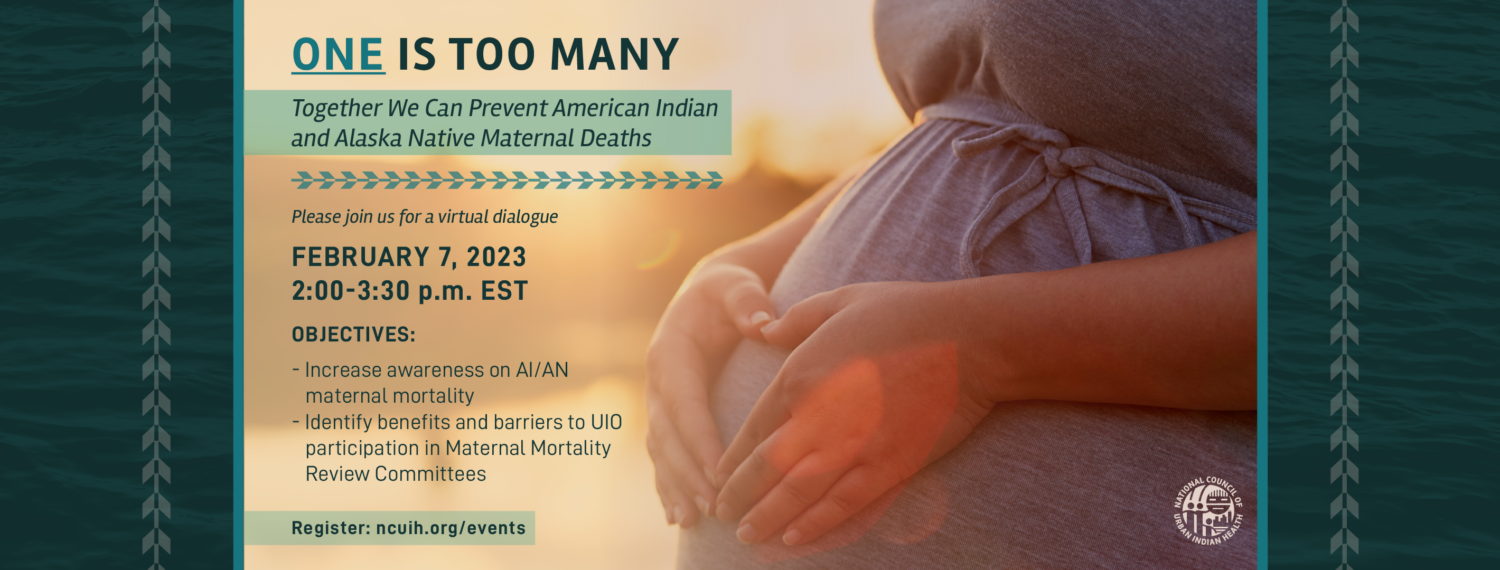By fostering collaboration between Urban Indian Organizations (UIOs) and Maternal Mortality Review Committees (MMRCs), NCUIH aims to strengthen partnerships and increase the capacity of UIOs to engage with MMRC processes and data related to their patient populations and areas of services.
About MMRCs
MMRCs are multidisciplinary groups that convene at the state or local level to comprehensively review maternal deaths that occur during or within one year of the end of pregnancy. They include representatives from public health, obstetrics and gynecology, maternal-fetal medicine, nursing, midwifery, forensic pathology, mental and behavioral health, patient advocacy groups, and community-based organizations. MMRCs contribute to reducing maternal mortality by generating data on causes of maternal death, developing recommendations to prevent maternal deaths, and disseminating findings to policy makers to support implementation of recommendations. Of all AI/AN cases reviewed in 2020, MMRCs determined that 92% of AI/AN maternal deaths were preventable.
Examples of recommendation reports by MMRCs at the state level:
NCUIH and CDC: Working to Expand Access to Maternal Health Resources for Urban AI/AN Communities
Through our partnership with the Centers for Disease Control and Prevention (CDC) and the CDC Foundation, NCUIH is actively working to expand UIO involvement in MMRC processes to address maternal mortality disparities in AI/AN populations.
Through these efforts, NCUIH aims to enhance the role of UIOs in addressing maternal health disparities, ensuring that AI/AN voices are heard in critical policy discussions.
Goals:
- Increase Awareness — Educate UIOs on the importance of engaging with MMRCs.
- Strengthen Partnerships — Facilitate connections between UIOs and state-led MMRCs.
- Improve Data & Insights — Gather and analyze data to identify barriers and opportunities for UIO participation.
- Support AI/AN Maternal Health — Ensure that MMRCs incorporate culturally relevant perspectives and recommendations.
Key Activities:
- Virtual Engagement & Outreach — Hosting informational sessions, recruitment meetings, and peer-to-peer Community of Learning (CoL) events for UIOs.
- Partnership Building — Supporting up to two UIOs annually to establish direct relationships with MMRCs.
- Research & Reporting — Conducting surveys and compiling reports to assess UIO involvement, barriers, and policy recommendations impacting AI/AN people.
- National Representation — Participating in key maternal health convenings and discussions with federal and tribal partners.





